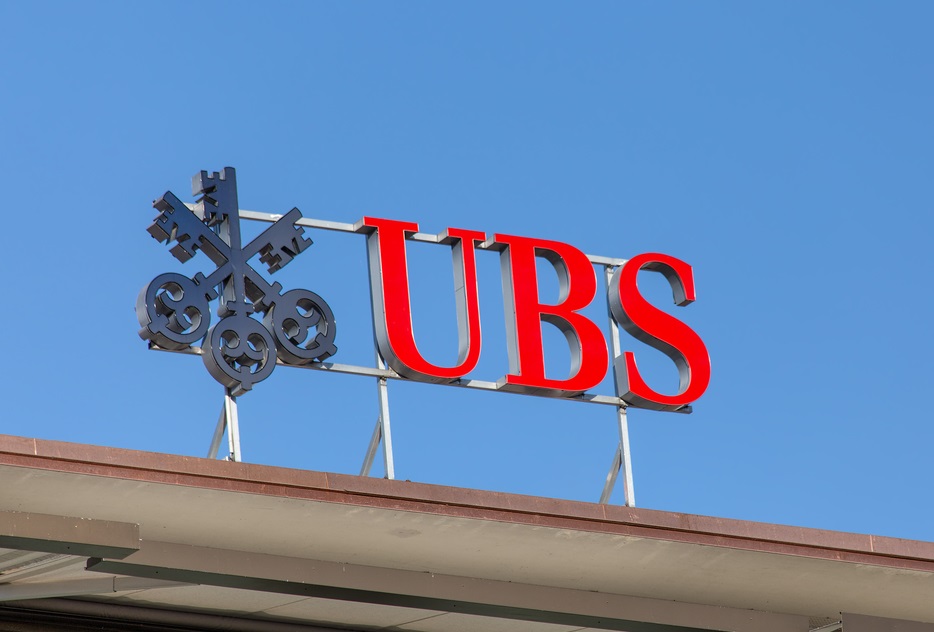BROWSE BY TOPIC
- Bad Brokers
- Compliance Concepts
- Investor Protection
- Investments - Unsuitable
- Investments - Strategies
- Investments - Private
- Features/Scandals
- Companies
- Technology/Internet
- Rules & Regulations
- Crimes
- Investments
- Bad Advisors
- Boiler Rooms
- Hirings/Transitions
- Terminations/Cost Cutting
- Regulators
- Wall Street News
- General News
- Donald Trump & Co.
- Lawsuits/Arbitrations
- Regulatory Sanctions
- Big Banks
- People
TRENDING TAGS
Stories of Interest
- Sarah ten Siethoff is New Associate Director of SEC Investment Management Rulemaking Office
- Catherine Keating Appointed CEO of BNY Mellon Wealth Management
- Credit Suisse to Pay $47Mn to Resolve DOJ Asia Probe
- SEC Chair Clayton Goes 'Hat in Hand' Before Congress on 2019 Budget Request
- SEC's Opening Remarks to the Elder Justice Coordinating Council
- Massachusetts Jury Convicts CA Attorney of Securities Fraud
- Deutsche Bank Says 3 Senior Investment Bankers to Leave Firm
- World’s Biggest Hedge Fund Reportedly ‘Bearish On Financial Assets’
- SEC Fines Constant Contact, Popular Email Marketer, for Overstating Subscriber Numbers
- SocGen Agrees to Pay $1.3 Billion to End Libya, Libor Probes
- Cryptocurrency Exchange Bitfinex Briefly Halts Trading After Cyber Attack
- SEC Names Valerie Szczepanik Senior Advisor for Digital Assets and Innovation
- SEC Modernizes Delivery of Fund Reports, Seeks Public Feedback on Improving Fund Disclosure
- NYSE Says SEC Plan to Limit Exchange Rebates Would Hurt Investors
- Deutsche Bank faces another challenge with Fed stress test
- Former JPMorgan Broker Files racial discrimination suit against company
- $3.3Mn Winning Bid for Lunch with Warren Buffett
- Julie Erhardt is SEC's New Acting Chief Risk Officer
- Chyhe Becker is SEC's New Acting Chief Economist, Acting Director of Economic and Risk Analysis Division
- Getting a Handle on Virtual Currencies - FINRA
ABOUT FINANCIALISH
We seek to provide information, insights and direction that may enable the Financial Community to effectively and efficiently operate in a regulatory risk-free environment by curating content from all over the web.
Stay Informed with the latest fanancialish news.
SUBSCRIBE FOR
NEWSLETTERS & ALERTS
UBS Agrees to Pay $85Mn Over Forex Charges - CFTC
The Royal Bank of Scotland agreed to pay $85 million in penalties to settle CFTC charges that the firm had attempted to manipulate a key foreign exchange swaps benchmark rate - the U.S. Dollar International Swaps and Derivatives Association Fix (USD ISDAFIX). In addition to the monetary fine, RBS agreed to revise its internal control procedures.
According to the CFTC Order ... over a 5-year period from 2007 through early 2012, multiple RBS traders based in Stanford, CT, attempted to fix the USD ISDAFIX through its trading at the 11:00 a.m. fixing in order to benefit cash-settled swaptions held by RBS that were priced or valued against the USD ISDAFIX benchmark.
During the relevant period, USD ISDAFIX was set each day in a process that began at 11:00 a.m. Eastern Time with the recording of swap rates and spreads from a U.S.-based unit of a leading interest rate swaps broking firm, which disseminated the rates and spreads captured in this 11:00 a.m. “snapshot,” “fix,” or “print” — as it was referred to by traders and brokers — to a panel of banks including RBS. The banks then made submissions to indicate where they would each bid or offer interest rate swaps to a dealer of good credit.
As captured in emails and audio recordings, RBS traders often discussed their intent to move USD ISDAFIX to benefit their positions. RBS traders would often tell their brokers at Swaps Broker the intent of their trading at 11:00 a.m. - e.g., telling their swap broker, “I’m going to have to get 10s higher and 7s lower.”
RBS traders bid, offered, and executed transactions of swap spreads and U.S. Treasuries contracts at the critical 11:00 a.m. fixing time in order to affect the “print,” i.e., the reference rates captured at 11:00 a.m. and sent to submitting banks, and thereby to affect the published USD ISDAFIX. RBS traders understood that by using swap spreads and/or treasury trading it was possible to move the USD ISDAFIX rate.





